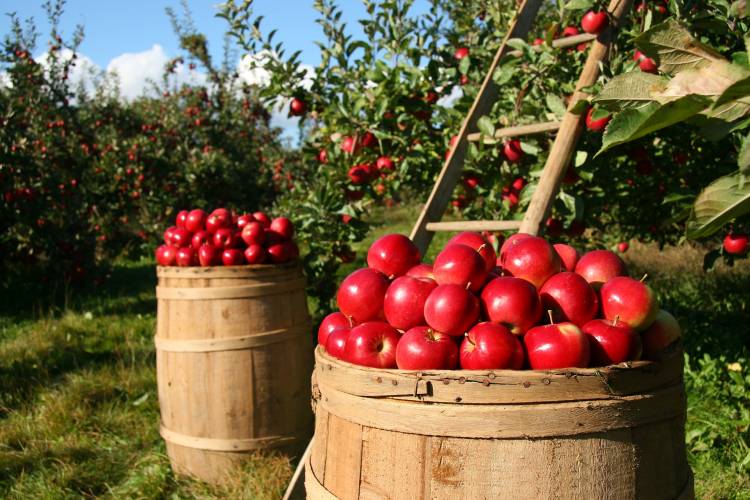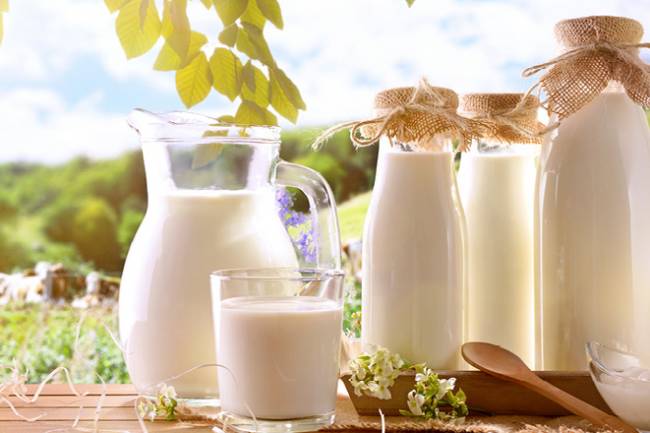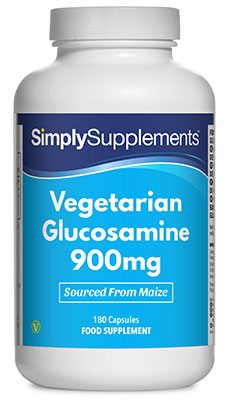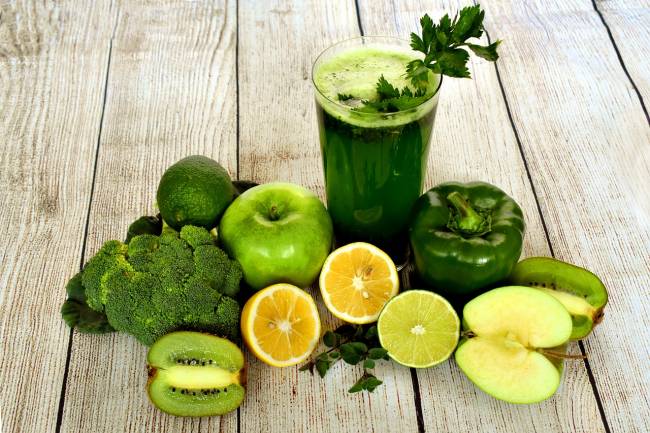What are the Benefits of Organic Produce?

Given the increasing awareness of the environmental impact of food, more and more people are paying close attention to where their food comes from, how it’s cultivated and how it makes its way onto our plates. This is a topic that has come to the forefront of the conversation again due to Brexit. There is a real concern that trade negotiations with non-EU countries will lead to the influx of foods that are subject to far less stringent quality standards than current EU foods.
The purchase of organic products has increased markedly in recent years and it shows no signs of slowing down. However, many do not understand what organic meat and produce actually is. So, we thought it would be good opportunity to outline the benefits so you can see whether it is something you should look out for next time you are at the shops.
What Makes Something Organic?
Organic farming is a method of agriculture that produces food from natural substances and processes. It encourages the responsible use of natural resources as well as the maintenance of biodiversity, soil fertility and water quality. In layman’s terms, organic farming provides consumers with fresh, tasty and authentic food while respecting natural lifecycle systems.
Organic legislation in the EU covers all stages of production, preparation, storage and distribution. This means that all organic products follow strict rules from farm to fork. For farmers to provide organic food there are certain standards that must be met. These include the prohibitive use of:
- Genetically modified organisms (GMO’s).
- Artificial pesticides, fertilisers and herbicides.
- Ionising radiation.
- Growth promoters such as hormones and amino acids.
- Routine antibiotic treatment. Animals can only be given antibiotics if they are genuinely unwell.
- Animal feed that is not organic and that doesn’t come from the local area.
- Formula milk. Suckling mammals must be fed with natural milk (preferably maternal).
There are also extensive animal welfare standards that farmers must abide by. To name a few examples, farmers must have a good understanding of animal health and wellbeing. The farms must not be too densely populated to prevent the depleting of resources and all animals should have access to open air and grazing areas. Animals must spend as little time as possible tethered up or in isolation.
Is Organic Food Better for the Environment?
Simply put, organic farming is definitely better for the planet. Intensive agriculture typically uses synthetic and petroleum-based pesticides, herbicides and fertilisers. This depletes nutrients from the soil and contaminates water which can lead to weeds and bugs becoming resistant to the very chemicals that are designed to keep them at bay. As we have found, organic farmers cannot use such chemicals and by utilising crop rotation, they keep the soil nutrient-dense. Interestingly, soil is able to store five times as much carbon as trees, meaning that healthy soil is crucial to a healthy planet.
According to the Soil Association, agriculture is responsible for a third of the world’s greenhouse gas emissions. They have also stated that if half of the farms in the EU followed organic principles by 2030, Europe’s greenhouse gas emissions would be cut by over a quarter and much more carbon would be stored in the soil. A win-win. The EU is also working with farmers to make it easier for them to convert to organic practices. This will hopefully ensure that organic produce becomes more widely available and affordable.
Is Organic Food More Nutritious?
Given that organic farmers take better care of the soil, most would assume that the produce would be richer in nutrients meaning it was better for our health. But is this backed up by the research?
In 2015, Scientists from the UK, Poland, Norway, Italy, Denmark, Switzerland, Greece and Turkey teamed up to perform a meta-analysis on the research that compared organic meat and dairy to non-organic equivalents.
One of the key findings was that organic meat and milk provided 50% more omega 3. Omega 3 fats are essential for health and have important roles in brain function, vision and cardiovascular health for example. There is concern that western diets provide too much omega 6 compared to omega 3 and that this imbalance is damaging health. The researchers put the increased omega 3 down to the animals being grass fed as opposed to grain fed.
As organic animals have more access to open pastures, they inevitably do more exercise. So, it should come as no surprise that both the organic meat and dairy was found to contain less saturated fat. Another positive of organic produce.
Once factor of concern however, was that non-organic milk was significantly higher in iodine, a mineral we need to produce thyroid hormones which supports metabolism and psychological functioning. It is also critically important during pregnancy and early childhood. As dairy is one of the main sources of iodine in the diet, this finding is significant.
The reason for the discrepancy in findings is because non-organic dairy cows are routinely given synthetic iodine supplements, something prohibited by organic legislation. Instead, it’s been suggested that organic farmers should give their cows organic seaweed as part of their daily diet. This is because seaweed is packed with natural iodine and would help to ensure that organic milk is not nutritionally inferior.
Looking now at crops, one study published in 2010 found that organic vegetables were higher in vitamin C, iron, magnesium and phosphorus when compared to their non-organic counterparts. In the UK, a significant proportion of the population have insufficient intakes of iron and magnesium, meaning organic produce could be of large benefit to these people. As we cannot store vitamin C, a daily intake is essential – another positive of organic fruit and veg.
One of the largest studies in this area was conducted by Newcastle University researchers who analysed the results of 343 peer-reviewed studies. These investigations all sought to find out whether organic food was in fact more nutritious. The researchers found that organic produce was much higher in polyphenols such as flavonoids, carotenoids and anthocyanins. Depending on the type of polyphenol that the researchers assessed, the organic produce contained 19-69% more.
Polyphenols are powerful antioxidants and the authors also noted that many of these antioxidants have been linked to a reduction in chronic diseases like cardiovascular disease, dementia and cancer. One of the reasons that organic produce is higher in polyphenols is due to the quality of the soil they have been grown in. It has also been proposed that the organic produce is more nutrient dense because the lack of pesticides means the plants have to produce more polyphenols to naturally protect themselves from pests.
As well as being superior in many cases for what it does contain, organic food is also revered for what it does not contain. The Newcastle University study also found that organic fruit and vegetables were 4 times lower in pesticide residues and significantly lower in the toxic metal cadmium.
Similar research has shown that organic chicken and pork are 3 times lower in antibiotics. This should come as no surprise, given that many farmers subject their livestock to overcrowded conditions which can easily lead to disease. As a preventative measure, antibiotics are routinely used. This is widely accepted to be a contributing factor to antibiotic resistance, given that we are being exposed to them in our food. So when we really need the antibiotics to help us overcome illnesses, they aren’t as effective as they should be.
Summary
As we have seen, organic food is much better for the environment as well as, generally speaking, being more nutritious. Unfortunately, as organic farmers produce less food per unit of land, organic food is significantly more expensive than non-organic produce and this cost is prohibitive for many. Hopefully, as more and more farms transition to organic practices in the effort to produce more nutritious and sustainable food, it will become more accessible for all to enjoy.
Sources:
https://www.soilassociation.org/organic-living/why-organic/better-for-the-planet/
https://www.sciencedaily.com/releases/2013/07/130704094630.htm
https://pubmed.ncbi.nlm.nih.gov/20359265/
https://pubmed.ncbi.nlm.nih.gov/24968103/
https://www.acpjournals.org/doi/10.7326/0003-4819-157-5-201209040-00007?articleid=1355685&

 Richard
Richard 

























